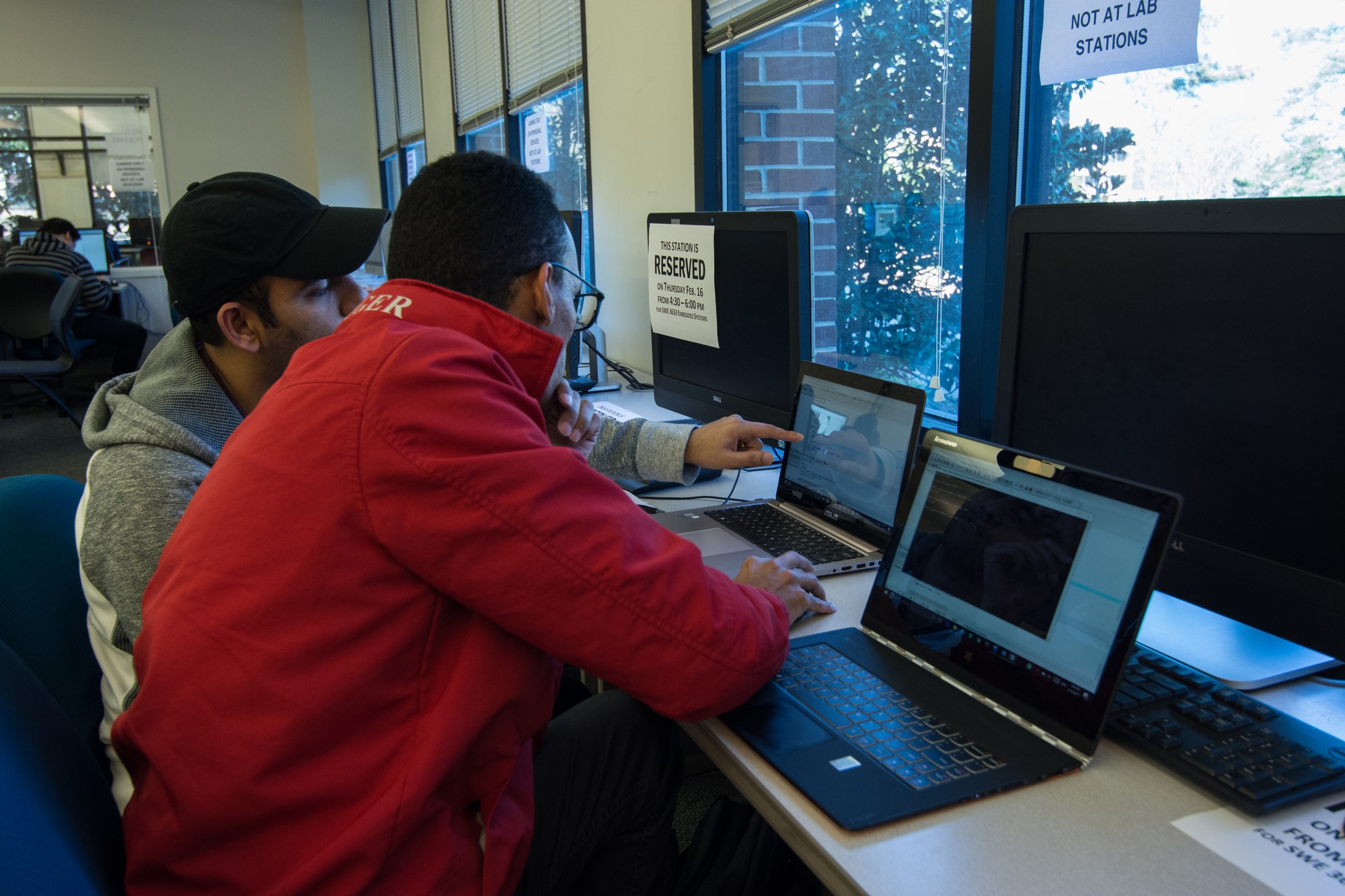The Board of Regents of the University System of Georgia approved on Feb. 14 an online Bachelor of Science in cybersecurity at Kennesaw State University.
The new undergraduate degree is set to begin in fall 2017, according to a news release. It will include elements of criminal justice, information technology, and information security and assurance, giving students a combination of technical knowledge and information security management skills. Students pursuing KSU’s bachelor’s degree in cybersecurity will concentrate on one of three tracks — systems security, network security or cyber crime.
“The Bachelor of Science in cybersecurity is an opportunity to offer something unique by building on past excellence and delivering a one-of-a-kind experience for students,” said KSU President Sam Olens. “By combining the strengths from each program, this interdisciplinary degree will solidify the university as a leader in producing cyber security professionals who are much-needed in the Southeast and across the country.”
The cybersecurity degree is the first major initiative of KSU’s Institute for Cybersecurity Workforce Development. This institute is a combined effort of three of the university’s largest colleges: the Coles College of Business, the College of Computing and Software Engineering, and the College of Humanities and Social Sciences.
“The exciting thing about this degree is that it will produce graduates with the skills companies need immediately to address their cyber security challenges,” said Dr. Traci Carte, chair of the Department of Information Systems. “It makes huge sense for the cyber security field. This is an exciting place to be, in terms of having a plan and having some amazing faculty, to be part of the solution to meet workforce demand.”
The online format of the degree will increase the program’s availability to students while also allowing them to pay a more affordable e-tuition rate, according to Paul Floeckher, a spokesman for the university.
“Offering the cybersecurity major online will make it accessible to students throughout the state, as we strive to help meet the workforce need in that field,” Floeckher said. “That includes students who might not otherwise be able to study cybersecurity, such as those living in rural areas, people currently in the workforce who are underemployed, and students with associate’s degrees who want to earn a bachelor’s degree.”
The cybersecurity field will need an additional 1.5 million workers by the year 2020, according to the 2015 Cybersecurity Education Workforce Demand Report.
According to the press release, KSU has been a Center of Academic Excellence in Cybersecurity Education since 2004, as designated by the National Security Agency and Department of Homeland Security.




And on the day after colleges will self protest that their own degrees are sexist, racist, homophobic, misogynist, non inclusive, white supremacist, culturally appropriative and generally a horrible terrible thing.